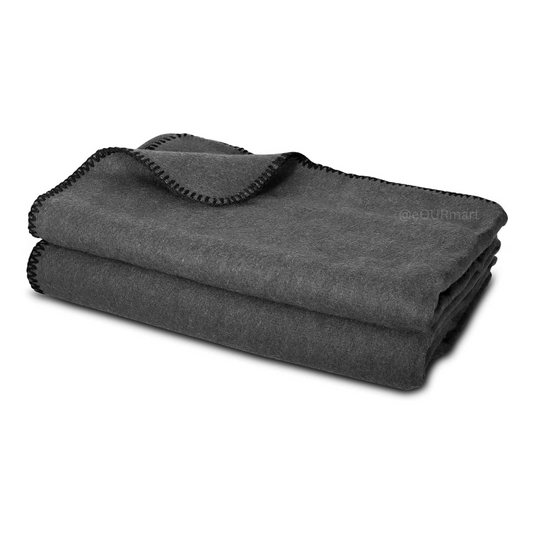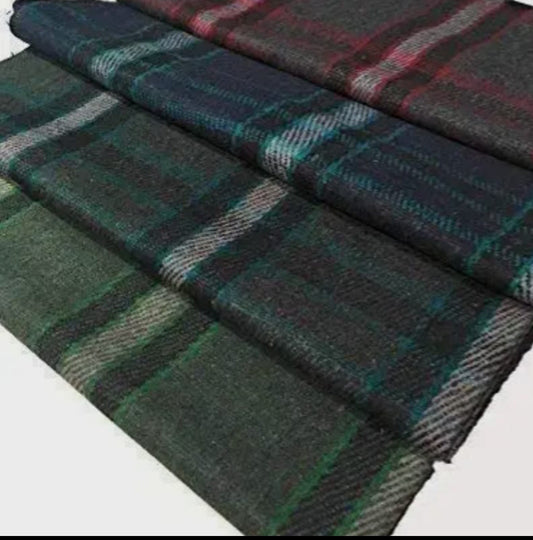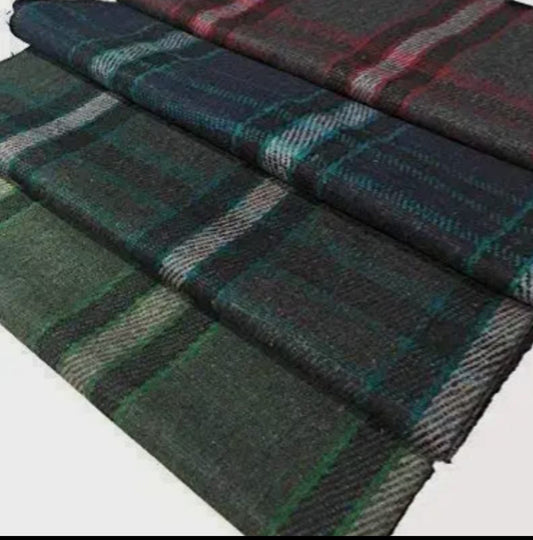- Plastic Shopping Bags: Plastic shopping bags are one of the most common types used worldwide. They are lightweight, durable, and inexpensive. However, their environmental impact is a major concern. Plastic bags take hundreds of years to decompose and often end up polluting oceans and harming wildlife. Many countries have implemented bans or restrictions on single-use plastic bags to combat this issue.
- Paper Shopping Bags: Paper shopping bags are biodegradable and recyclable, making them a more eco-friendly choice compared to plastic. They are often used by retailers looking to adopt a more sustainable approach. However, the production of paper bags requires a significant amount of resources, including water and energy, which is a drawback.
- Reusable Shopping Bags: Reusable shopping bags are a sustainable alternative to single-use bags. They come in various materials such as cotton, canvas, jute, and more. These bags are designed for multiple uses, reducing the need for disposable bags. Many are foldable and easy to carry, making them a popular choice for environmentally conscious shoppers.
- Tote Bags: Tote bags are a specific type of reusable bag that has gained immense popularity due to its versatility and style. They often feature trendy designs and are made from materials like cotton, canvas, or even recycled plastics. Tote bags are perfect for a wide range of purposes, from grocery shopping to carrying books and accessories.
- Woven Shopping Bags: Woven shopping bags, often made of materials like jute or sisal, are known for their sturdiness and durability. These bags are biodegradable and provide a rustic and eco-friendly look. They are popular for carrying groceries, as they can withstand heavy loads.
- Non-Woven Shopping Bags: Non-woven bags are synthetic fabric bags made from spunbond polypropylene, and they are often used as reusable alternatives to single-use plastic bags. They are lightweight, durable, and can be customized with various designs. Non-woven bags are commonly seen at trade shows, events, and as promotional giveaways.
- Mesh Shopping Bags: Mesh shopping bags are made from lightweight, breathable materials, often nylon or polyester. They are ideal for carrying fresh produce, as the mesh allows air circulation, keeping fruits and vegetables fresh. These bags reduce the need for single-use plastic bags in the produce section.
Sustainability in Shopping Bags
As environmental concerns continue to grow, consumers and retailers alike are placing a greater emphasis on sustainable shopping bag options. Here are some key considerations for sustainable shopping bags:
- Material Selection: Opt for bags made from sustainable materials such as organic cotton, jute, or recycled plastics. These materials have a lower environmental impact compared to traditional plastics and paper.
- Reusability: Choose reusable bags over single-use options to minimize waste and reduce the overall environmental footprint.
- Recycling and Upcycling: Look for recycling programs and opportunities to upcycle old shopping bags, giving them a new lease on life.
- Support Eco-Friendly Initiatives: Many retailers now offer incentives for using reusable bags, such as discounts or donations to environmental charities. Support these initiatives and make a difference.
Shopping bags come in a variety of types, each with its own advantages and environmental considerations. In a world increasingly concerned with sustainability, the choices we make in shopping bags can have a significant impact. By opting for reusable and eco-friendly options, we can reduce waste and contribute to a more environmentally conscious future. The next time you're out shopping, consider the type of bag you use and its impact on the planet.





